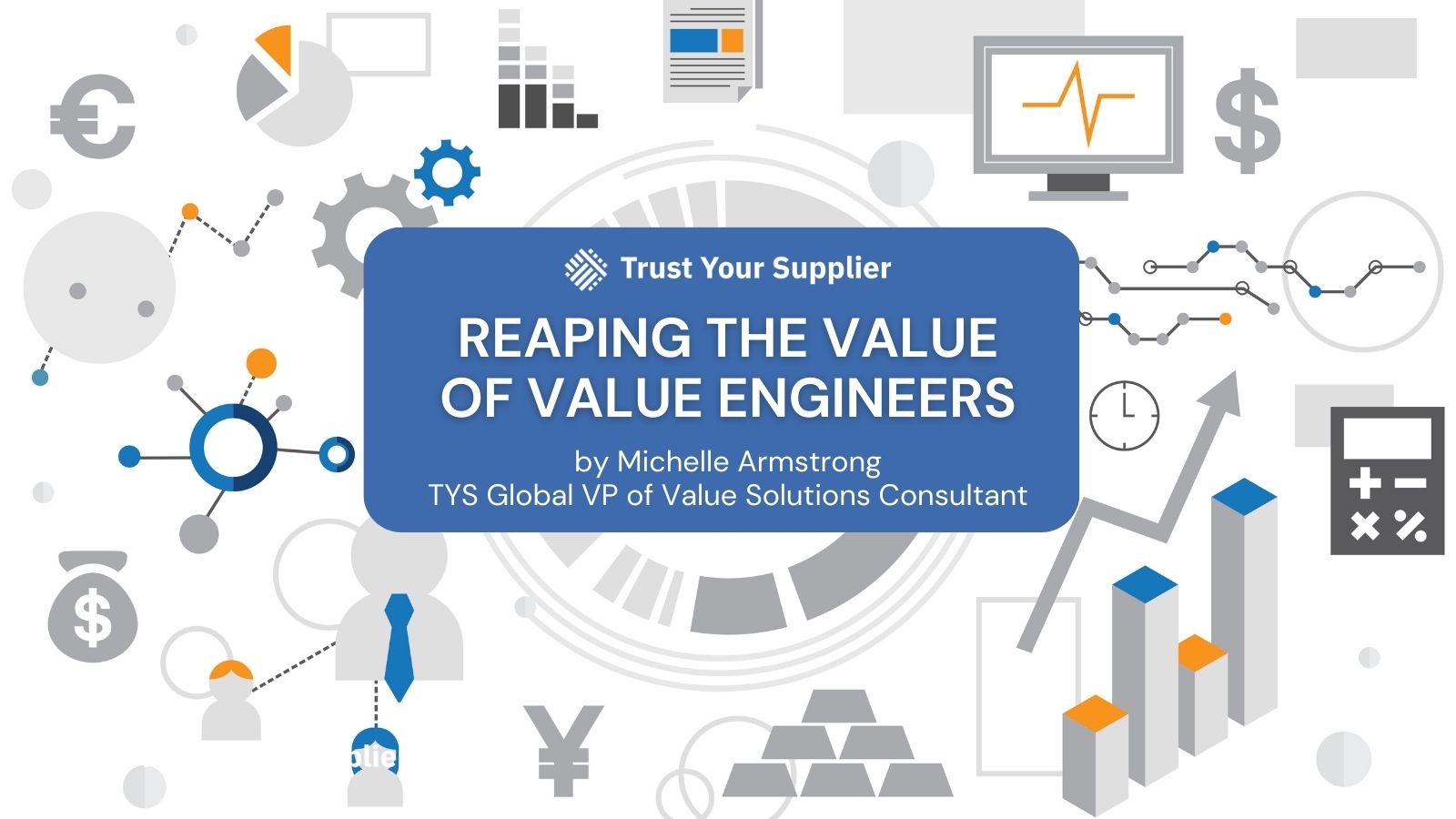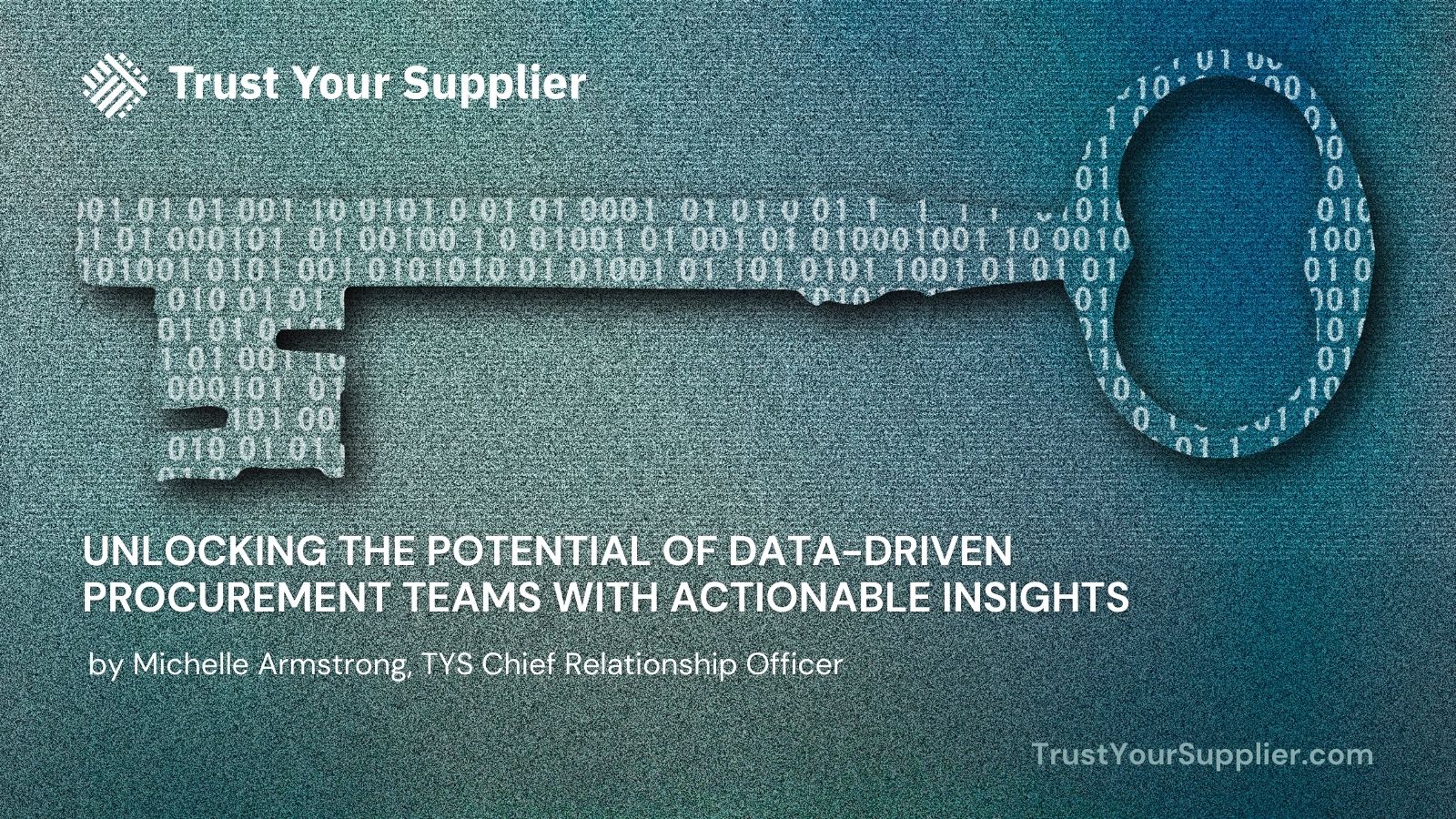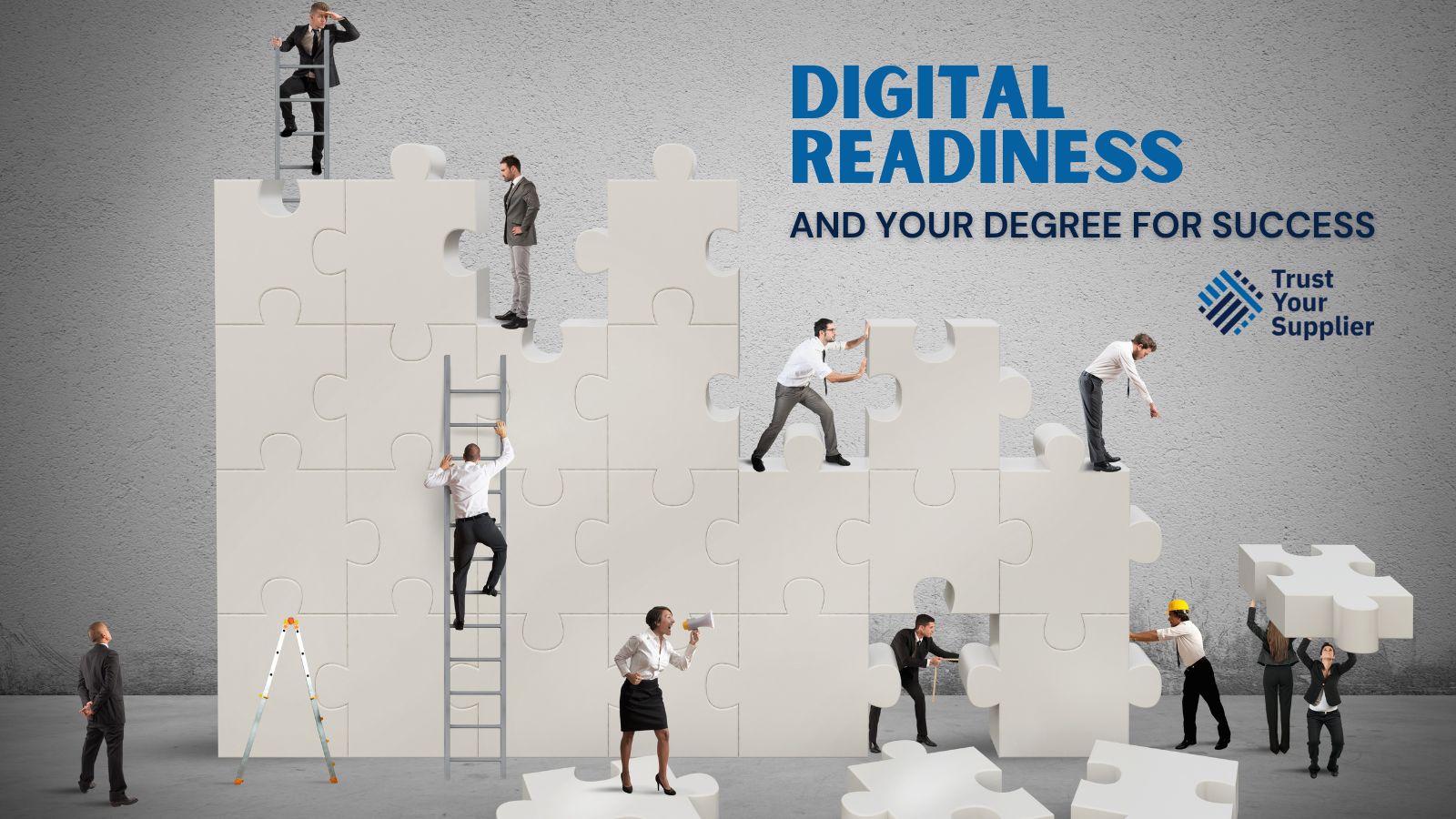by Michelle Armstrong, Chief Relationship Officer
Pssst… The secret to unlocking the full potential of procurement lies in embracing the power of data. With a wealth of raw information at our fingertips, it’s crucial to transform this data into actionable insights that fuel informed decision-making. Learn how to satisfy your thirst for actionable procurement data by leveraging cutting-edge tools and strategies to turn raw information into valuable insights that propel your procurement operations to new heights.
Rob Handfield, a distinguished professor of supply chain management, emphasizes that digital transformation in procurement is only possible with clean data. When discussing procurement data, we’re really talking about the importance of usable, clean data.
Despite the vast amounts of data captured, only about 5% is analyzed. With the rapid growth of emerging technologies, we have more data than ever, yet we need more insight. So, how can we convert this information into intelligence?
Visualizing a New World of Data
Data visualization is a game-changer in making complex data more accessible and understandable. By presenting data in a visually engaging format, procurement teams can quickly identify patterns, trends, and relationships that might be concealed within raw data. Utilizing data visualization tools like interactive dashboards and detailed reports allows valuable insights to be easily communicated and understood, empowering teams to make data-driven decisions.
Moreover, data visualization can help procurement professionals monitor key performance indicators (KPIs) in real-time, track supplier performance, and identify potential bottlenecks in the supply chain. By embracing this visual approach, organizations can transform their procurement processes and drive efficiency across the board.
Collaborative Minds, United Goals
To unlock the full potential of procurement data, it’s crucial to involve diverse perspectives and expertise. Cross-functional teams, composed of members from various departments, can work together to analyze data and develop innovative solutions. This collaborative approach enables organizations to leverage their employees’ unique skills and knowledge, fostering a culture of open communication and teamwork.
By breaking down silos and encouraging collaboration, organizations can tap into the collective wisdom of their workforce and drive data-driven decision-making across the enterprise. This united effort leads to more effective procurement strategies and promotes a culture of continuous improvement and innovation.
Embracing the Power of Predictive Analytics and Machine Learning
The combination of predictive analytics and machine learning offers a powerful toolset for procurement teams to uncover hidden insights and make more informed decisions. By analyzing historical data, these advanced techniques can identify trends, forecast future outcomes, and recommend actions to optimize procurement processes.
For instance, procurement teams can use predictive analytics to optimize inventory levels by identifying patterns in demand and adjusting stock levels accordingly. This ensures organizations balance carrying costs and stock availability, ultimately reducing waste and improving efficiency.
Similarly, predictive analytics can help identify supplier risks by analyzing factors such as financial stability, delivery performance, and compliance. This enables procurement teams to proactively mitigate risks and maintain a resilient supply chain.
Machine learning can further enhance procurement decision-making by continuously learning from data and refining its predictions over time. This allows organizations to uncover cost-saving opportunities, streamline processes, and stay ahead of the competition in an ever-evolving market landscape.
Cultivating a Data-Driven Culture
In her Procurement Magazine interview, Dawn Tiura explained that procurement should be the central hub of a successful enterprise with a culture of service-driven curiosity. This mindset should also extend to mining the gold within data.
When Satya Nadella became Microsoft’s CEO in 2014, he emphasized creating a data culture to make better decisions based on quality data. Under his leadership, Microsoft has transformed into an organization that values data-driven decision-making, recognizing the immense potential of quality data to drive innovation, efficiency, and growth.
So, does your organization have a data culture that includes your suppliers?
To extract the most value from your data, involving stakeholders within and outside your enterprise is crucial. The procurement department must lead in fostering a data-driven culture, harnessing the potential of technologies like AI and blockchain.
As a service provider, your success is my priority.
By embracing diverse perspectives, leveraging data visualization, and harnessing advanced analytics, your organization can unlock the full potential of procurement data and drive meaningful business outcomes.
#ProcurementData #DataDrivenCulture #DataVisualization #Collaboration #PredictiveAnalytics #MachineLearning #DigitalTransformation #EmpowerProcurement #FutureOfProcurement



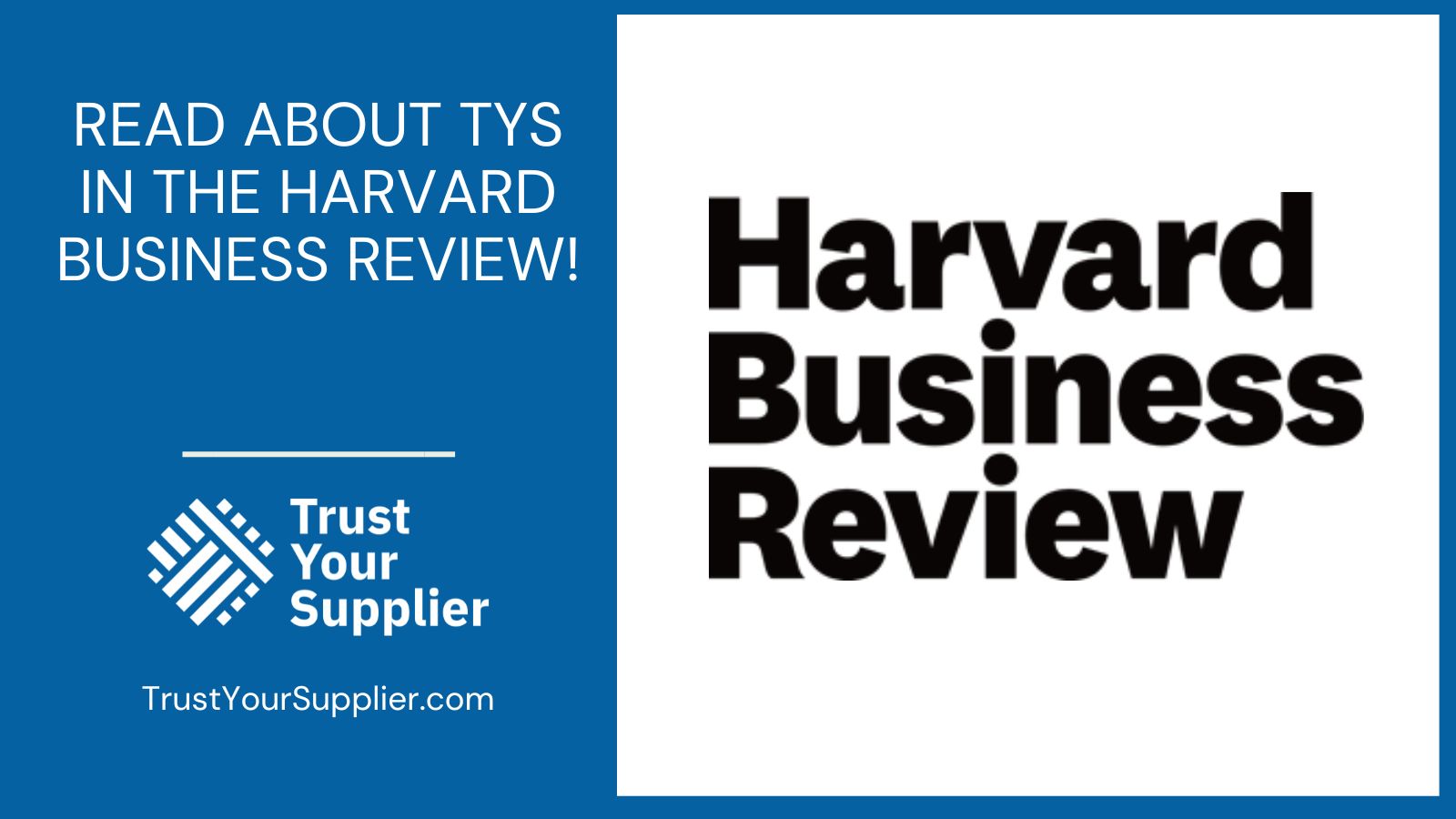

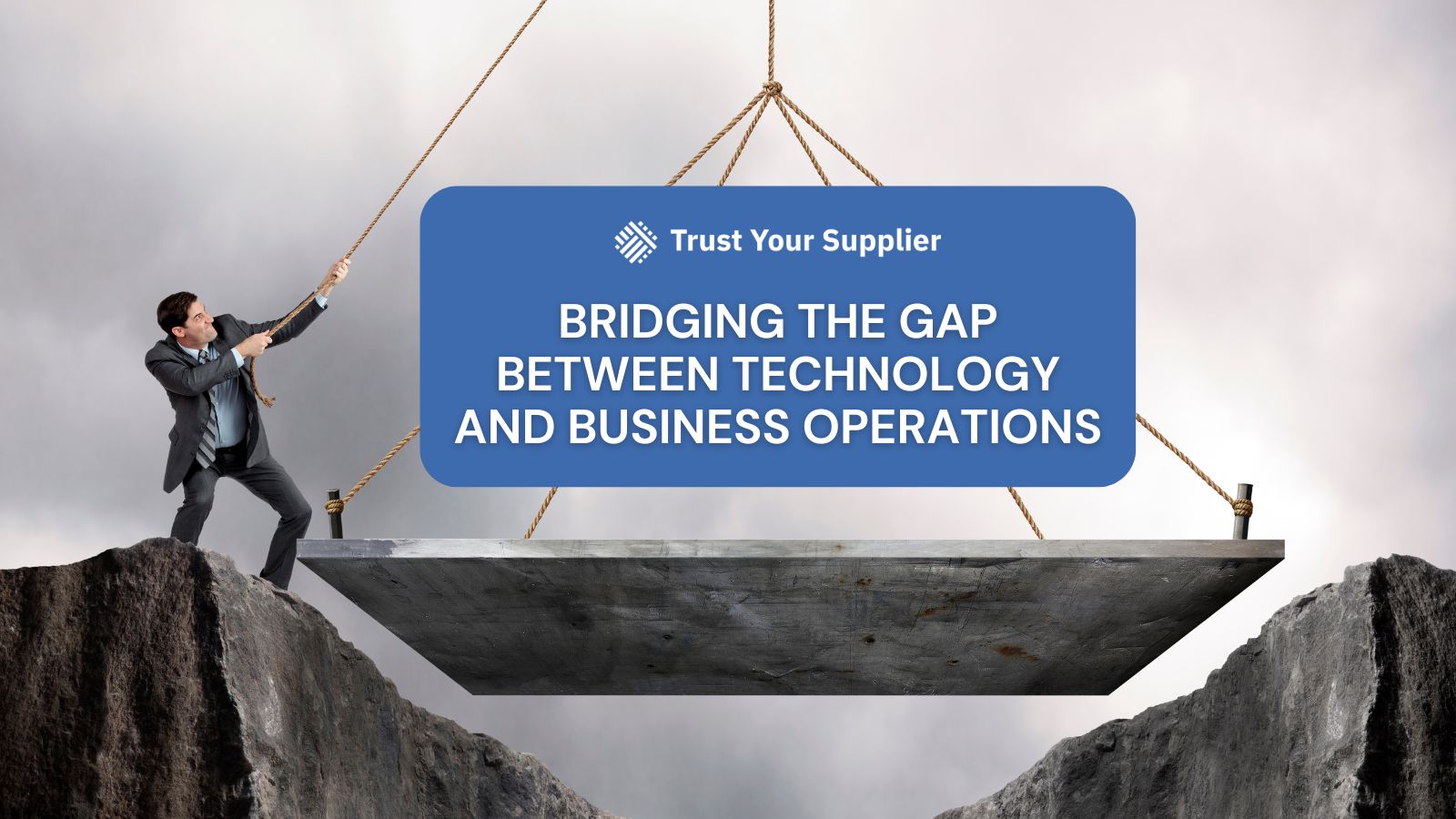
 With diverse risk, audit, and compliance teams operating independently, often lacking a shared GRC (Governance, Risk, and Compliance) terminology, opportunities arise for redundant efforts, duplicated work, inconsistent and disorganized data, and the overlap of controls. Measuring the interconnectedness and swiftness of risk also becomes a complex endeavor since risk relationships lack clear definitions and consequently elude monitoring.
With diverse risk, audit, and compliance teams operating independently, often lacking a shared GRC (Governance, Risk, and Compliance) terminology, opportunities arise for redundant efforts, duplicated work, inconsistent and disorganized data, and the overlap of controls. Measuring the interconnectedness and swiftness of risk also becomes a complex endeavor since risk relationships lack clear definitions and consequently elude monitoring.